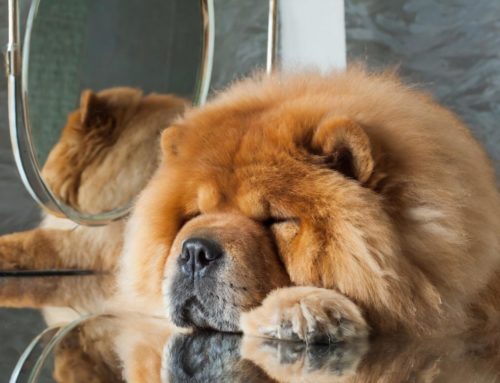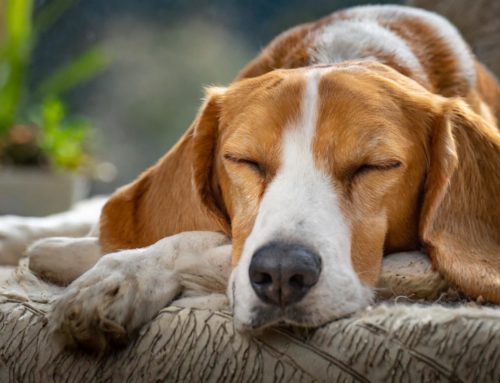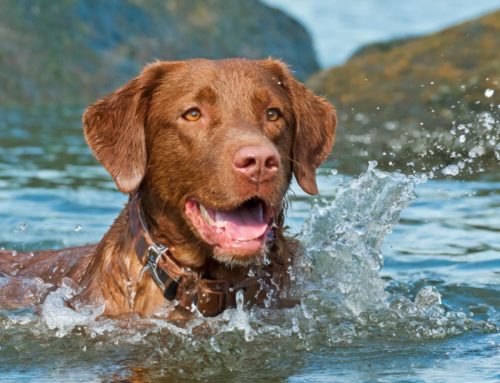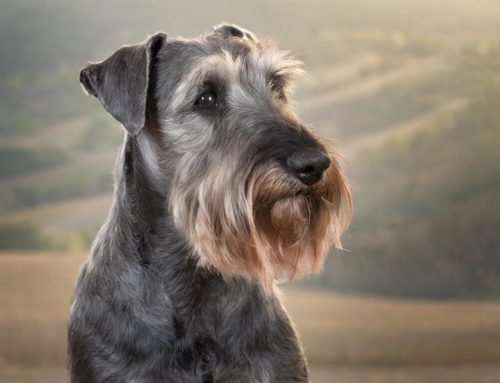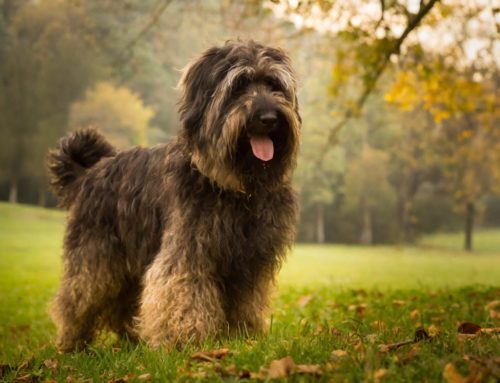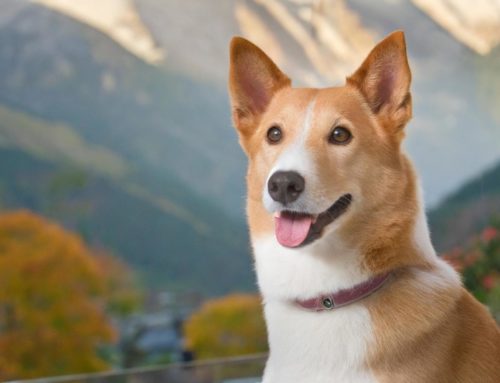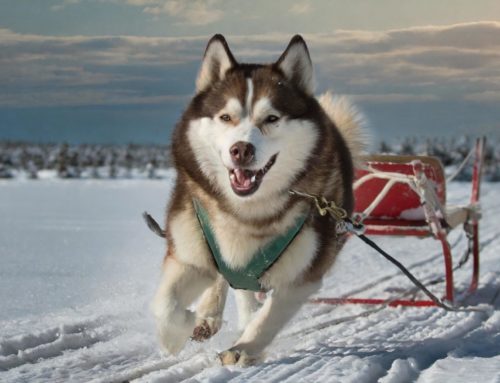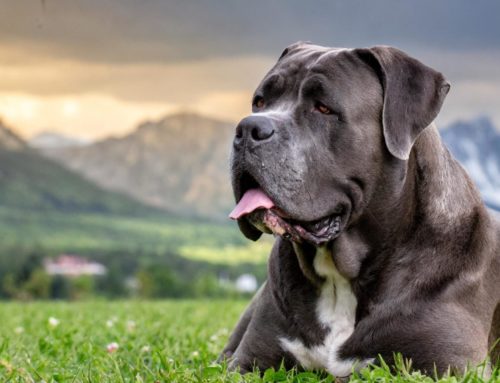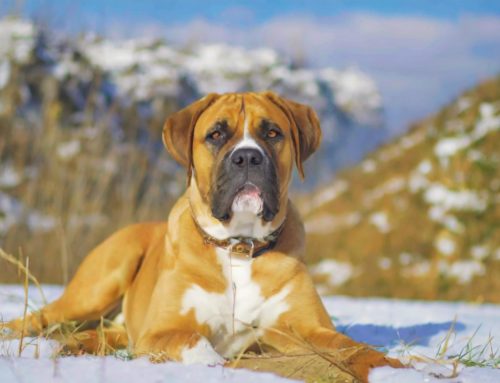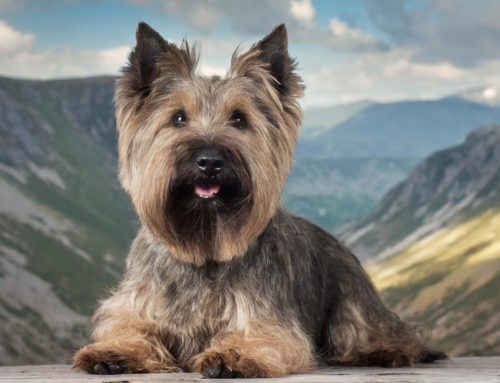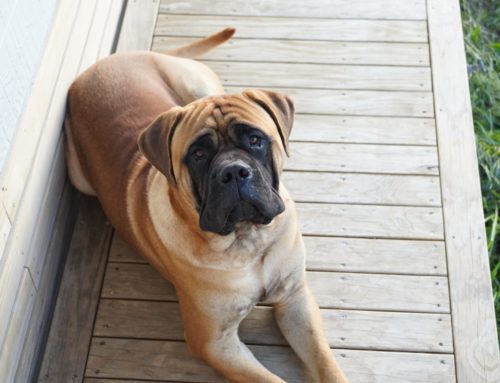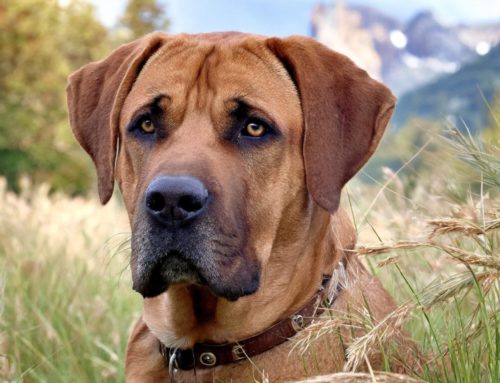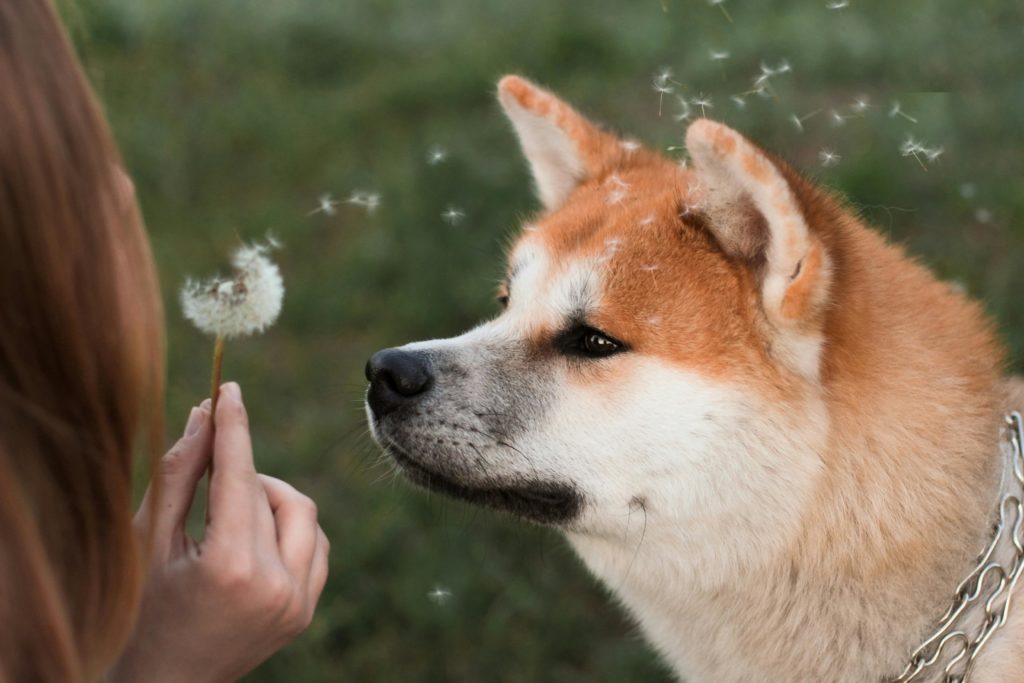
The Akita Inu, a majestic and dignified Japanese dog breed, has a rich history dating back to ancient Japan.
The Akita’s origins are on the island of Honshu, in Akita Province, where the breed was bred as a powerful hunting dog. With an imposing withers and thick fur, they were ideal for catching large game such as bears and deer.
Over the centuries, different Akita types have evolved, and the breed has developed into two main varieties: the Japanese Akita and the American Akita.The Japanese Akita is considered a national breed in Japan and has a fluffy coat with beautiful colors, including brindle and sesame.
In Japan, Akita figurines are often seen as signs of friendship and prosperity and gifted to loved ones.
The appearance of an Akita Inu
The Akita Inu is an impressive dog breed with a robust and majestic appearance. They have a powerful build, with a broad chest and strong legs.Males have a shoulder height between 66 and 71 centimeters, while bitches are slightly smaller with a height between 61 and 66 centimeters.
They have a distinctive double coat with a dense, soft undercoat and a rough outer coat. The coat can be a variety of colors, including red, sesame, brindle, white, and brindle.The Akita has an erect tail and a broad head with small, triangular eyes and small ears that lie close to the head. Their expression exudes dignity and confidence.
This breed has a strong physique and an imposing appearance, which makes them great dogs. Their bodies are well proportioned and symmetrical.
Hereditary diseases and disorders.
The Akita Inu is generally a healthy breed, but as with many other dog breeds, hereditary diseases and health problems can occur.
Here are some of the hereditary diseases and disorders that Akita Inu’s can be susceptible to:
- Hip dysplasia: A common problem in larger breeds, where the hip joints do not fit properly, leading to pain and arthritis.
- Elbow dysplasia: A condition in which the elbow joints do not develop normally, which can lead to lameness and pain.
- Progressive Retinal Atrophy (PRA): A genetic disorder that leads to vision loss and eventually blindness.
- Hypothyroidism: A condition in which the thyroid gland produces insufficient hormones, which can lead to weight gain, lethargy and skin problems.
- Autoimmune diseases: Some Akita Inu may be prone to autoimmune diseases, in which the immune system attacks healthy cells.
- Bloat (stomach torsion): A life-threatening condition in which the stomach fills with gas and twists, requiring immediate medical attention.
- Heart problems: Some Akita Inu may be prone to heart-related conditions, such as dilated cardiomyopathy (DCM).
The character of the Akita Inu
The Akita, a dog breed originally from Japan, is known for its unique character traits. This dog is a loyal companion with a strong personality. Akitas have traditionally been bred to serve as hunting and guard dogs. This has resulted in a dog with a strong hunting instinct and a protective nature.
They are naturally reserved toward strangers, but are known to be very loyal and devoted to their family. The breed is good with other dogs if properly socialized at an early age. A consistent and experienced owner is important to raise the Akita properly, as they tend to be tightly in charge.
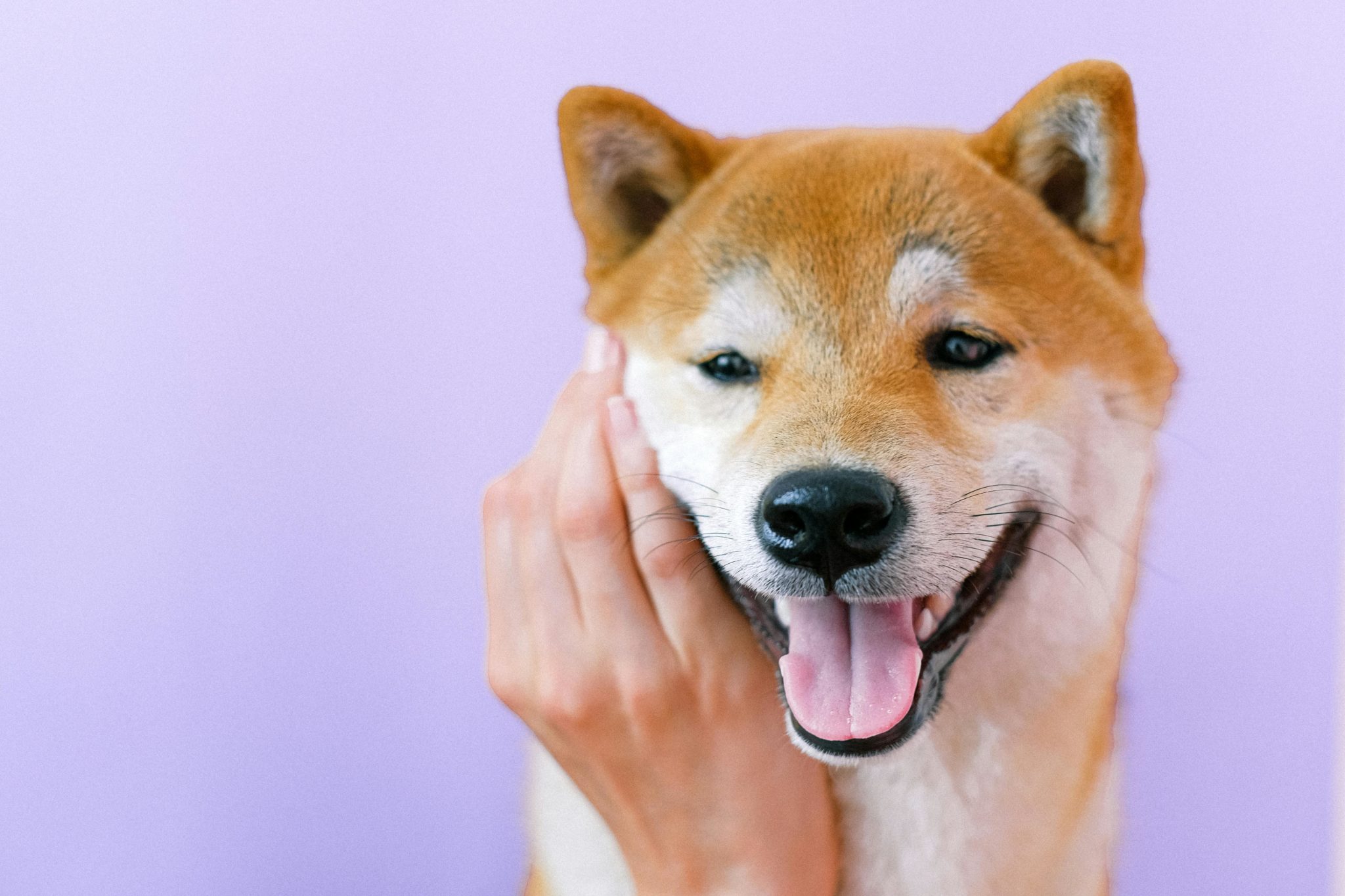
The Care of the Akita Inu
Caring for an Akita requires dedication and attention to various aspects of their well-being. Here are some important points to keep in mind:
- Coat Care: Akitas have a thick, double coat that should be brushed regularly, especially during the molting season, which occurs twice a year. Brushing helps remove loose hair and keeps the coat healthy.
- Dental care: Make sure your Akita’s teeth stay healthy by regularly brushing teeth and providing appropriate chew toys. This helps prevent tartar and gum disease.
- Nutrition: Feed your Akita high-quality dog food that is appropriate for his age and activity level. Make sure the food contains all the necessary nutrients.
- Physical and mental stimulation: Akitas are intelligent and active dogs. They need daily exercise and mental stimulation such as long walks, play sessions and challenges to keep them from getting bored.
- Socialization: Early socialization with other dogs and people is essential to ensure that your Akita handles different situations and environments well.
- Health: Regular vet checkups are important to ensure the health of your Akita. Watch for hereditary health problems, such as hip dysplasia, elbow dysplasia and progressive retinal atrophy, that are common in this breed.
- Obedience training: Akitas are loyal dogs, but they need an experienced owner who keeps a firm grip on the lead and is very consistent in their upbringing.
- Foot care: Remember to check and groom the insides of your Akita’s paws regularly.
Socialization and upbringing of the Akita
The socialization and upbringing of an Akita are crucial to ensure that they are well adapted to different situations and people. This breed needs a specific approach because of their strong personality and origins in Japan.
- Socialization: From an early age, it is important to socialize your Akita puppy with other dogs and people. This helps develop a balanced character. Gradual exposure to various situations, sounds and environments is essential.
- Obedience training: An Akita needs consistent parenting from an experienced owner. It is important that you keep a firm grip on leadership and be consistent in your commands.
- Physical and mental challenges: Provide adequate exercise and mental stimulation. Akitas are intelligent dogs and need challenges to keep them busy.
- Nutrition: Give your Akita the proper nutrition appropriate for his age and activity level. Pay attention to nutrition to maintain a healthy weight.
- Socialization with other dogs: Although Akitas often get along well with other dogs, it is important to continue socialization to avoid possible aggression.
How much experience does an Akita Inu require
Raising and caring for an Akita requires a certain amount of experience, mainly because of their strong personalities and the need to understand their needs. As a puppy, Akitas can be stubborn and need consistent parenting. Experience with dogs and an understanding of dog behavior are essential.
An Akita’s health must be carefully monitored, and owners should be aware of possible hereditary conditions, such as hip dysplasia. A responsible breeder with knowledge of breed standards and health issues is invaluable in finding a healthy Akita puppy with a good pedigree.
The Akita, with its origins in Japan, has a rich history and is a symbol of loyalty and prosperity. Understanding their cultural significance and their character as loyal companions is important for owners.
Daily activity, both physical and mental, is essential to keeping an Akita happy and healthy. Their thick undercoat requires regular brushing and during the shedding season they may require more grooming.
In short, having experience with dogs and specifically with the Akita breed is an advantage when raising and caring for these wonderful dogs to ensure their well-being and health.
Is training necessary with the Akita
Training is absolutely necessary when raising an Akita dog. These dogs, both Japanese and American Akita, have strong personalities and are naturally dominant. They originally formed the Akita tribe in northern Japan and were trained to hunt big game, such as bears and deer. This required a dog with firm leadership and obedience.
Although they are known to be loyal companions, raising an Akita requires experience and consistency. They should be socialized from an early age with other dogs and people to avoid aggressive behavior. The University of Tokyo has shown that Akitas have a good memory and learn quickly, but they also tend to memorize.
To keep an Akita healthy and happy, exercise is essential, and training can combine it with mental stimulation. Regular activity also helps keep their weight under control, as Akitas tend to gain weight quickly. This helps maintain the Akita’s health, which is crucial to their well-being.
In short, exercise is not only necessary but also beneficial for the Akita dog and their owners to build a good relationship and maintain the character and health of this wonderful breed.
How much exercise does an Akita need?
The Akita is a vigorous and active breed that needs daily exercise. Both the Japanese Akita and the American Akita have their origins in northern Honshu, Japan, where they were bred for big game hunting. This has led to their need for exercise and physical activity.
An Akita needs at least one hour of exercise a day to stay healthy and happy. This can include walks, jogging, playing in a fenced yard or active games. It is important to keep the Akita mentally occupied, as they are intelligent dogs. Training sessions and mind games are great ways to stimulate their minds.
In addition, socialization with other dogs and people is very important to prevent any aggression. Early socialization is essential, especially with young puppies. It is important to note that excessive exercise at a young age can affect the development of hip dysplasia, so it is advisable to avoid high-impact activities until the dog is fully grown, usually around 18 months of age.
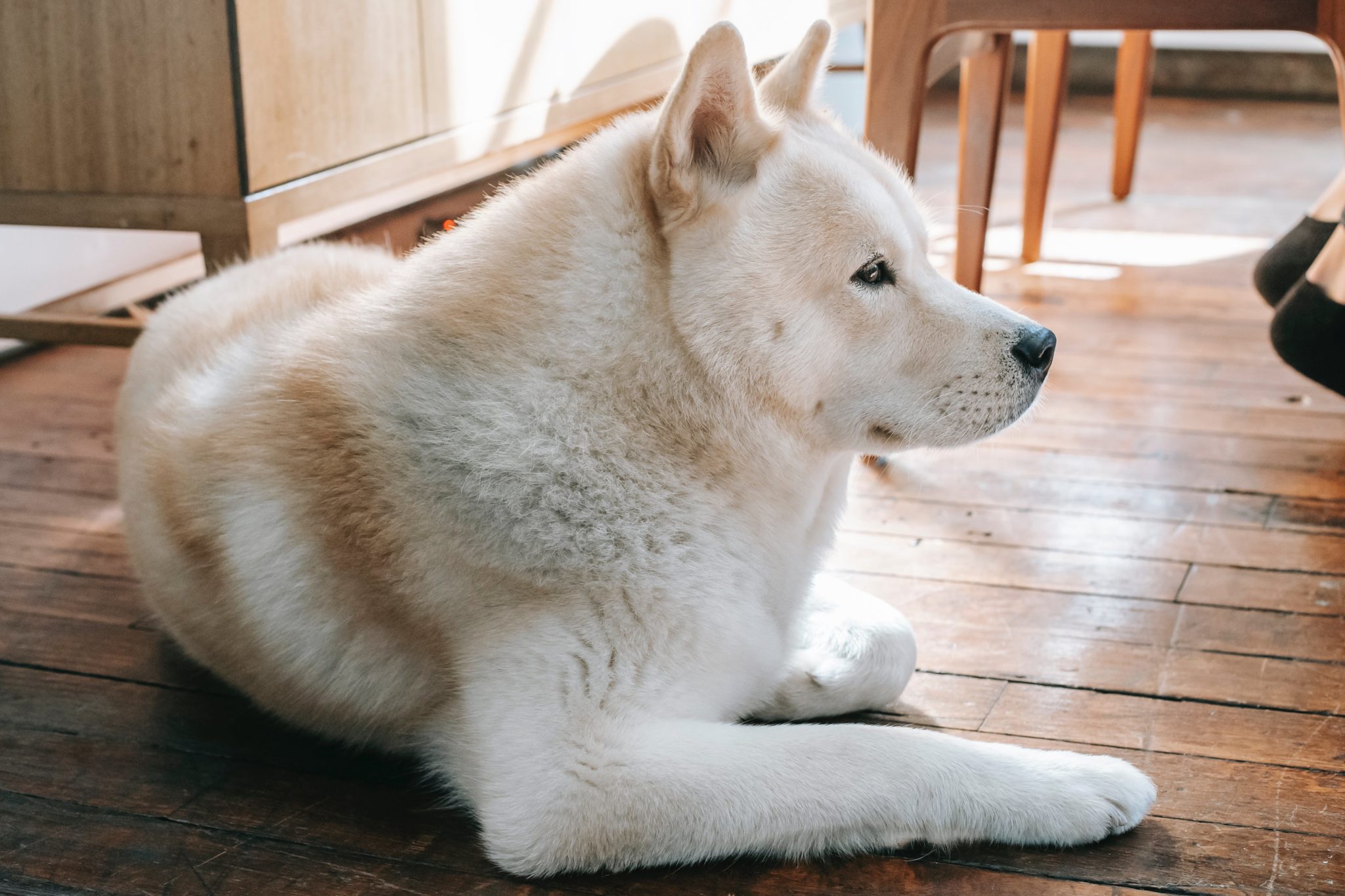
Akita and their handling with children?
The Akita is known for its loyalty and devotion to its owner, and this includes children. In general, Akitas get along well with children, but there are some important considerations. First, children should always be taught to be respectful and gentle with the dog.
This means they should not tease the dog, pull its ears or tail, or take away its food or toys. Under adult supervision, children and Akitas can often become good friends, play and spend time together.
However, it is important to note that Akitas often have strong territorial instincts and can be protective of their family. They can be reserved toward strangers, and this can affect their attitude toward friends of the children or new people in the home.
Akitas should be well socialized from an early age to improve their interactions with children and others. This includes exposure to different people, animals and situations.
Benefits of an Akita Inu
The Akita, both Japanese and American varieties, has its own set of advantages and disadvantages that potential owners should consider.
- Loyal and devoted: Akitas are known for their unconditional loyalty to their families. They tend to be loyal companions.
- Protective: Akitas have a natural protective instinct, which makes them good guard dogs.
- Beautiful Appearance: They have a majestic appearance and distinctive coat, which makes them attractive dogs.
- Intelligent: They can learn quickly and are often smart dogs.
- Historical significance: Akitas have a rich history in Japanese culture and are often associated with courage and loyalty.
Disadvantages of an Akita
- Independent: Akitas can sometimes be stubborn and independent, which can present challenges in training.
- Dominance: They sometimes have dominant tendencies and require an owner who can firmly take charge.
- Intensive coat care: Akitas have a thick coat that must be brushed regularly and even daily during the shedding season.
- Prone to health problems: They may be predisposed to hip dysplasia and eye problems, which may require extra health monitoring and care.
- Not for beginners: Akitas may not be suitable for beginners in dog ownership because of their specific temperament and training needs.
Life expectancy Akita Inu?
The life expectancy of an Akita varies, but in general, they can live between 10 and 15 years, if properly cared for. Factors such as genetics, nutrition, exercise and general health play a role in how long an Akita will live. The fact that Akitas can reach such a respectable age shows that they are generally a strong breed.
Price of this rare breed
For an Akita Inu puppy in the US, prices generally range from $1,500 to $3,000, with specific factors influencing the final cost:
- Breeder Reputation: Puppies from well-regarded breeders noted for their champion lineage are priced higher.
- Pedigree: Purebred Akita Inus registered with the American Kennel Club (AKC) command higher prices than those without papers.
- Geographic Location: Expect higher prices in areas with elevated living costs.
- Age: Puppies typically cost more than adult Akita Inus.
- Coat Type: American Akitas with the traditional double coat may be slightly pricier than those with a rarer short-haired variety.
- Show Quality: Competition-bred dogs usually carry a higher price tag than pet-only options.
Price Overview:
- Standard Range: $1,500 – $3,000
- Premium Range: $3,000 – $5,000 for show-quality puppies or those with uncommon colors
Seeking a More Affordable Option?
- Adoption: Look into adopting an Akita Inu from shelters or rescue groups. Adoption fees are significantly less than buying from breeders, with adult Akitas more commonly found than puppies.
Considering Other Breeds?
If the Akita’s noble demeanor appeals to you but you’re exploring alternatives, here are some similar breeds:
- Shiba Inu: More petite and playful, with a fox-like demeanor. Prices range from $1,200 to $3,000.
- American Eskimo Dog: Known for their sociable nature and dense white coat. Prices vary from $1,000 to $2,500.
- Chow Chow: Shares the Akita’s loyalty but is smaller, with a distinctive blue-black tongue and mane. Typically priced between $1,200 and $2,000.
- Samoyed: A friendly working breed with a fluffy white coat and cheerful expression. Prices span $1,500 to $3,000.
Extra Advice:
- In-depth Research: Akitas have a strong-willed character. Confirm their personality suits your home life.
- Visit the Breeder: Assess the health and temperament of the puppy’s parents by visiting the breeding site.
- Budget for Ownership: Account for ongoing costs like nutrition, healthcare, grooming, and other essentials.
- Prioritize Socialization: Given Akitas’ reserved nature with strangers, early socialization and consistent training are essential for their development into well-rounded adults.
